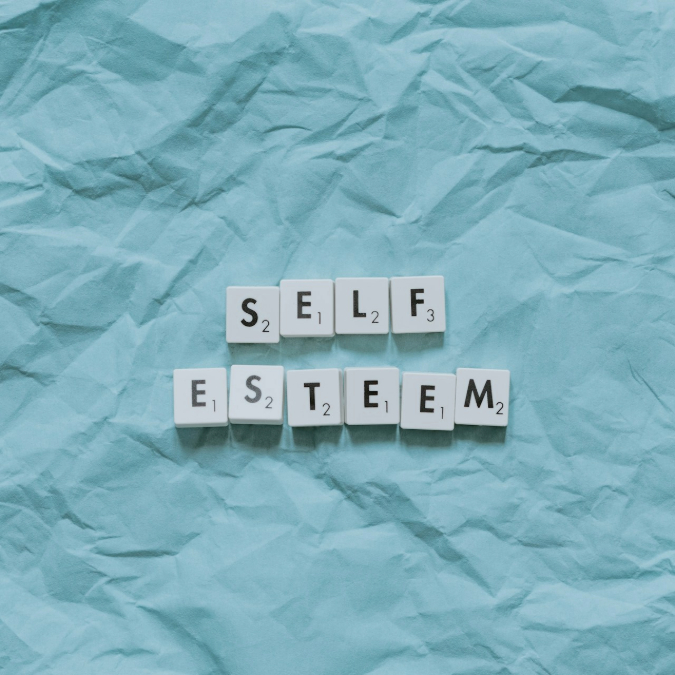People harboring a victim mentality usually believe that nothing ever goes their way and the things that happen to them are out of their control. Because of these skewed beliefs, they may struggle to make positive changes in their life and work towards their goals.
According to BetterUp, past traumatic experiences can cause someone to develop a victim mentality that holds them back. If this sounds similar to your experience, read on to learn 13 signs that you might have a disempowering victim mindset.
1. External Locus Of Control
People harboring a victim mentality tend to have an external locus of control. This means that they believe the course of their life and the outcomes they achieve are determined by forces outside themselves, such as luck and fate. They have a hard time taking accountability and may blame others or negative circumstances if they perform poorly.
2. Negative Outlook
Individuals who view themselves as victims tend to emphasize the negative aspects of their life while downplaying the positive ones. They often dwell on problems and setbacks, which can prevent them from seeking opportunities for growth and solutions. This pessimistic perspective can perpetuate feelings that the world is against them and prevent them from seeing the blessings in their life.
3. Frequent Complaining
People with a victim mentality frequently focus on and complain about the unfair aspects of the world. They tend to surround themselves with other people who reinforce their pessimistic viewpoint, creating a crabs in a bucket dynamic. Although there are inequities in society, fixating on them intensely may not be healthy or productive.
4. Low Self-Esteem
It’s also common for people harboring a victim mentality to have low self-confidence. The belief that nothing is within your control can contribute to a lack of self-efficacy and lead to poor self-esteem.
5. Self-Sabotage
If positive changes occur in their life, people with a victim mentality may start waiting for the other shoe to drop. They tend to believe that their life will always go poorly and fall apart. This pessimism can cause them to unconsciously self-sabotage by passing on or messing up opportunities.
6. Frustration And Anger
Being “mad at the world” is a potential sign that you have a victim mentality holding you down. Feeling frustration or anger at times is normal. However, if you have a perpetual chip on your shoulder and believe people are out to get you, it could be a red flag.
7. You Feel Morally Superior
According to Scientific American, another potential warning sign is that you think you’re morally superior to others. You may believe that the majority of people are evil or bad because of negative experiences you’ve had in the past.
You might also feel as though you treat people with more kindness and respect than you’re given in return. This can cause you to develop a feeling of moral superiority that prevents you from seeing and taking accountability for your own flaws.
8. Fixating On Past Negative Experiences
Getting over painful experiences like job loss or a breakup can be difficult. However, putting too much focus on bad memories might prevent you from moving on and enjoying life now. Living in the past won’t change what happened to you and keeps you stuck in negative thought loops that interrupt your peace.
9. Lack Of Empathy
When you’re hyper-fixated on your own pain, it can be hard to see and acknowledge the pain of others. You may be so wrapped up in your own trauma that you don’t have enough emotional bandwidth left to sympathize with others. Feelings of moral superiority or anger at the world can also limit your empathy when you have a victim mindset.
10. Validation Seeking
Another warning sign is constant validation seeking. People with a victim mentality desperately want others to acknowledge the pain that they’re feeling and injustices they’ve suffered. Your intense need for recognition may also make you more likely to seek revenge against people who have slighted you according to researchers.
11. Negative Self-Talk
People with a victim mindset also frequently engage in negative self-talk. It’s a red flag if you think you’re going to fail at something before you even start or try. When your internal dialogue is overly negative and self-critical, it can hold you back in life and make it harder to pursue your goals.
12. Feelings Of Depression
A perpetual victim mentality can lead to feelings of depression and hopelessness. After all, it’s difficult to be happy when you think nothing will ever go your way. When everything feels pointless, it’s easy to slip into malaise and anhedonia. Talking to a professional about these feelings can help you work through them.
13. Loneliness
Being skeptical of the world and people around you can lead to loneliness and isolation. Having a perpetually negative mentality may push loved ones and friends away, leading to a loss of social support and companionship.
You Can Change Your Mindset
It’s difficult to challenge ingrained thought patterns, especially ones that stem from past negative experiences. However, it’s worth the effort to adopt a more positive mentality.
Living in a victim mindset holds you back and keeps you focused on the negative aspects of life, preventing you from recognizing the beauty and good that exists around you. With help from a supportive therapist, it’s possible to heal any trauma that may have caused you to become pessimistic and adopt more positive self-talk.
Vicky Monroe is a freelance personal finance and lifestyle writer. When she’s not busy writing about her favorite money saving hacks or tinkering with her budget spreadsheets, she likes to travel, garden, and cook healthy vegetarian meals.














